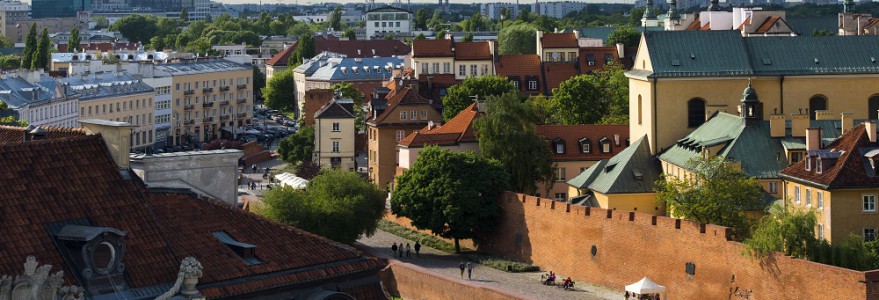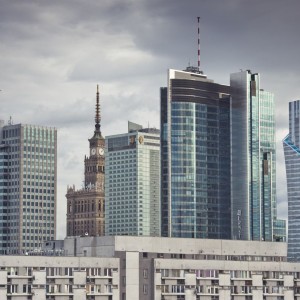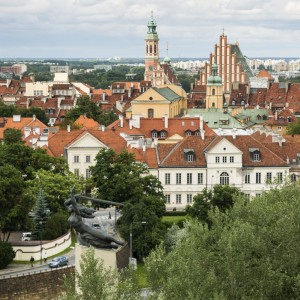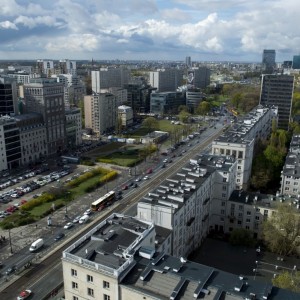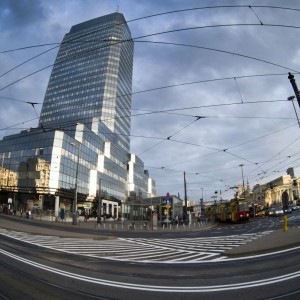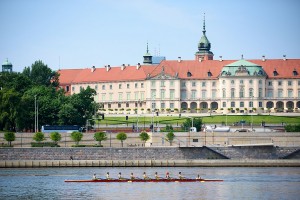“Warsaw has 1.7 million residents and more than 200,000 of them are students. The student community is vibrant. There are sport organisations, sport facilities and a student cultural life. As a city, Warsaw is a friendly place for students and, among our 3,000 foreign students, the opinion about hospitality and friendliness is good” – says the Rector of the University of Warsaw Professor Marcin Pałys.
The University of Warsaw has its seat in the capital of Poland, one of the most dynamically developing European cities. Warsaw is steadily climbing in international rankings of the world’s most attractive urban areas. It has recently found its way to the Top 50 of the City Brand Index and ranks 19th in terms of prosperity, according to the United Nations State of the World’s Cities report.
“Our University is inseparably linked with Warsaw; this is evident even in its very name” – says the Rector. “As the first institution of higher education to be established in Warsaw, it has always taken part in shaping the city’s elites and, since the moment of its inception almost 200 years ago, its fortunes have run parallel to those of the capital” – adds.
The University’s influence on the city and the region of Mazovia does not end with education. It is also an important cultural centre as it popularizes knowledge and fulfils a social mission. The University cooperates with the city’s key institutions, such as the National Museum, the National Centre for Culture and Copernicus Science Centre. Mutual agreements bind it with other Warsaw academies and with the local government.
The presence of the academic community in the city space favourably influences the character of Warsaw. The academies provide a focus for creativity, bringing together talented specialists and attracting foreigners. They create a climate favourable to innovation. Initiatives originating in the academic milieu enhance the city’s social and cultural life.



